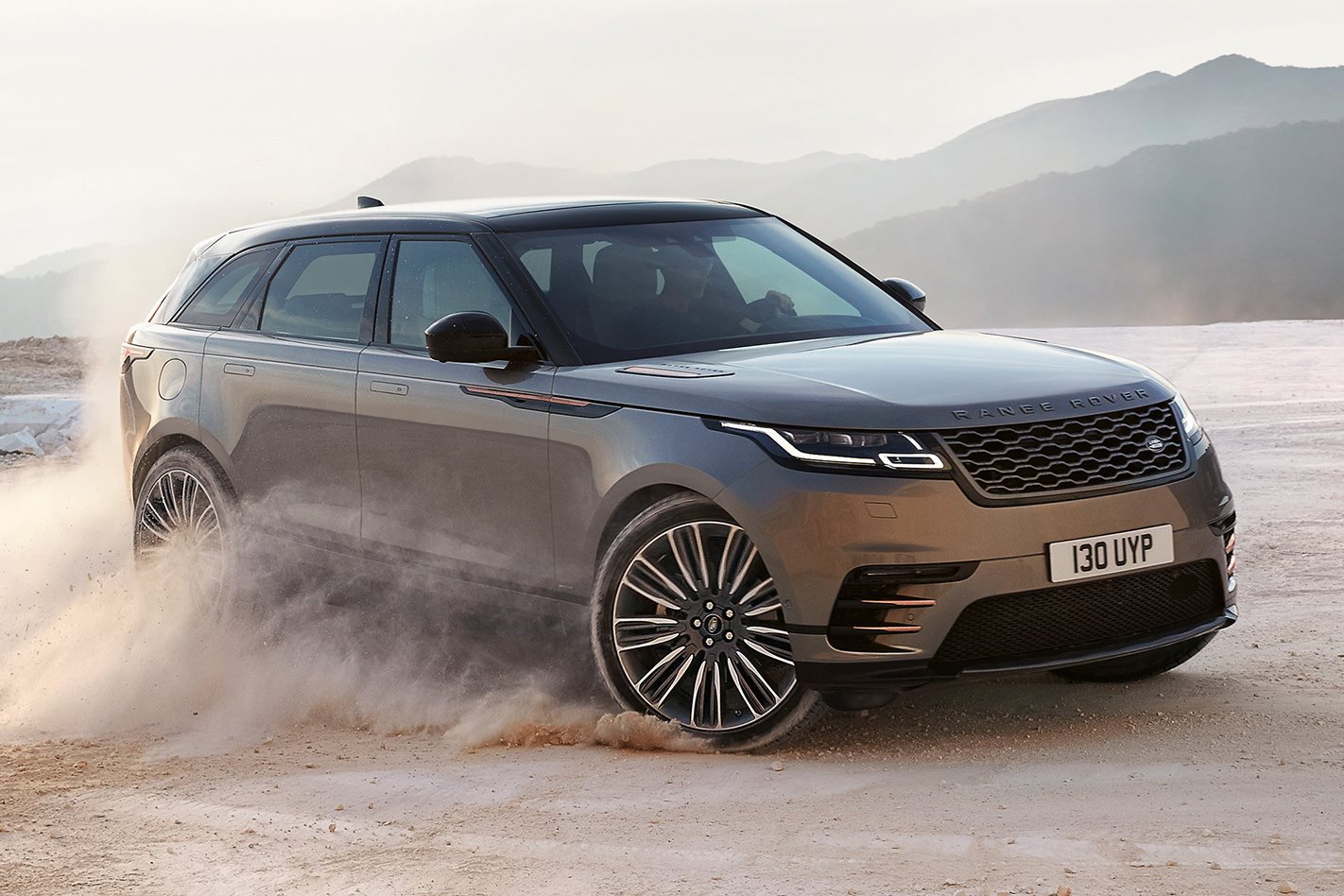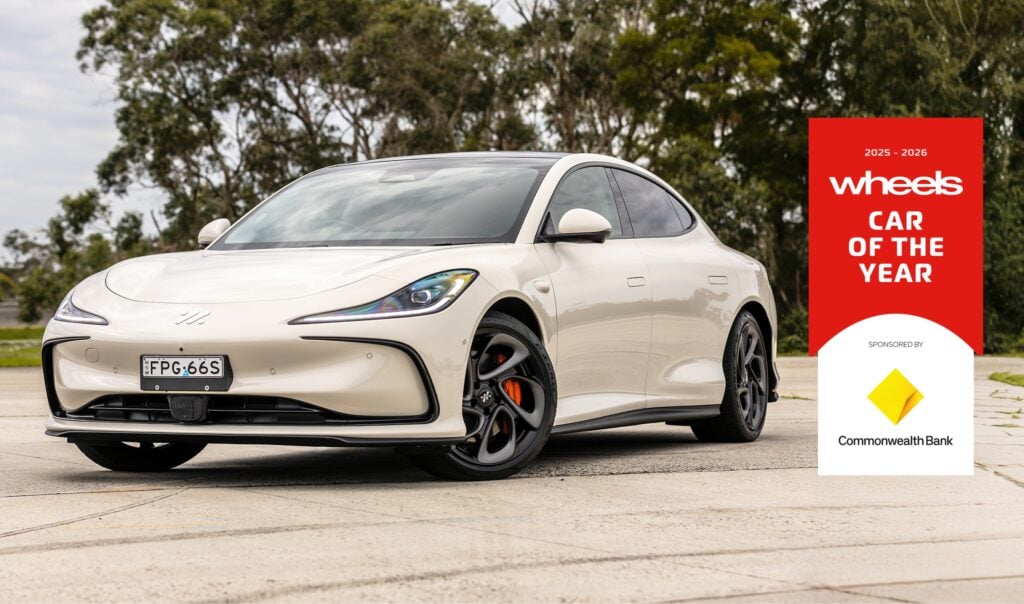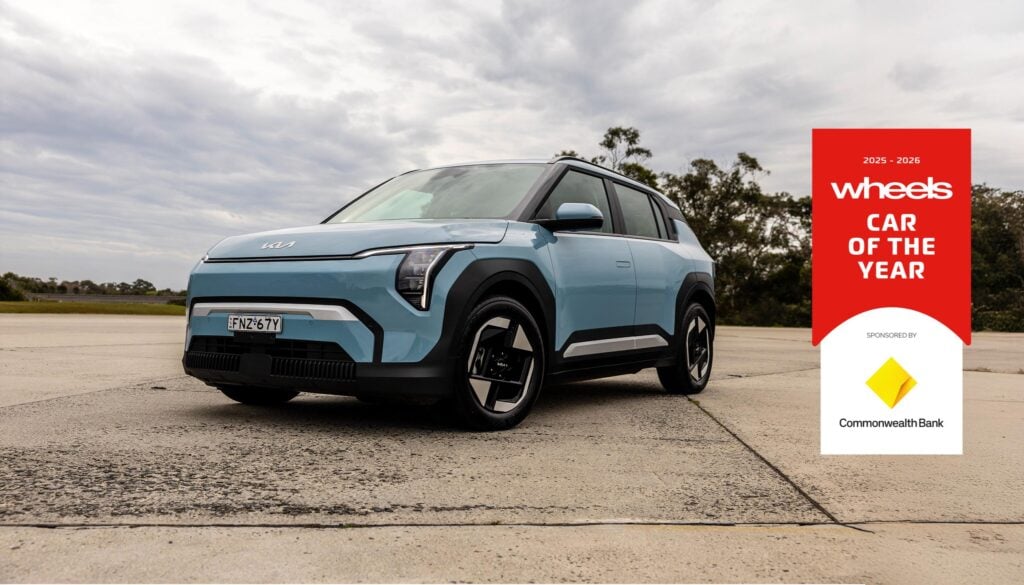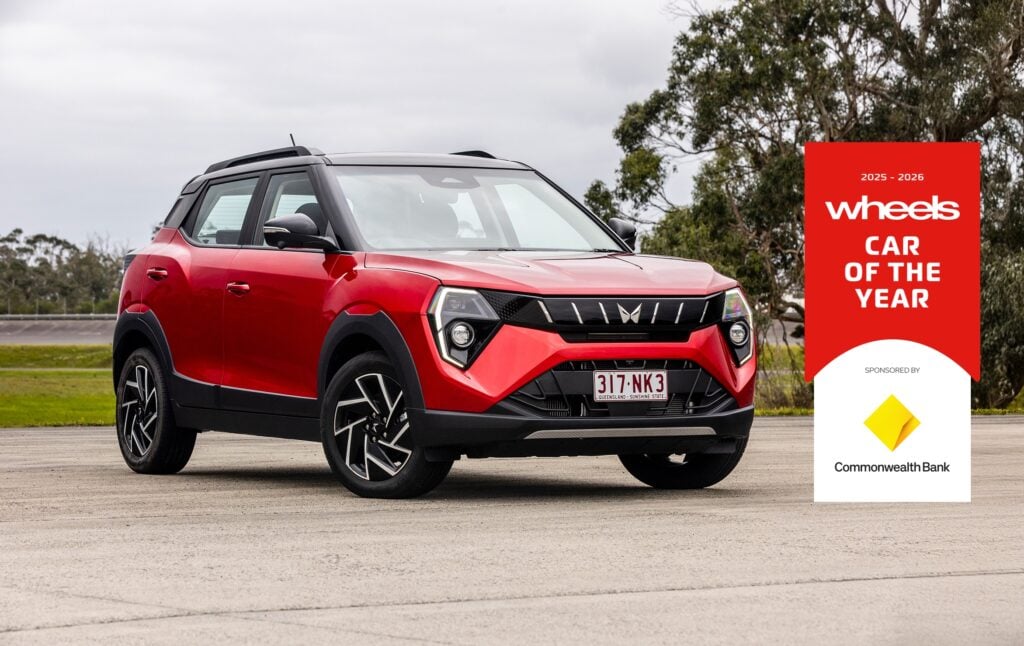AS THE world’s enthusiasm for Range Rover products shows no signs of diminishing, so Land Rover continues to create more variants.
Next week’s Geneva Motor Show will see the unveiling a fourth version, the Range Rover Velar, it’s name referring to that given to the original Range Rover prototypes in 1969.
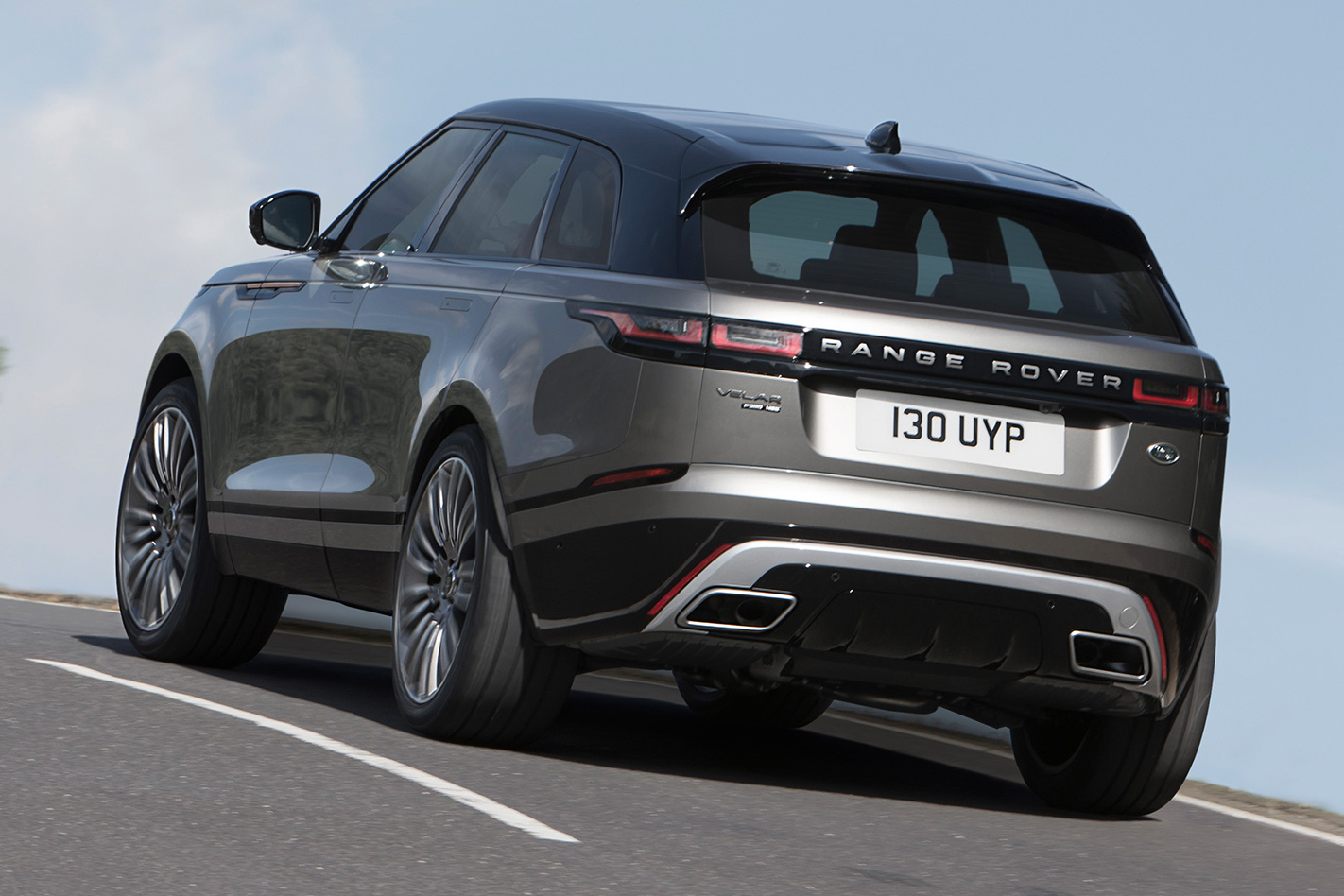
Positioned to plug the gap between the baby Evoque and the Range Rover Sport, the Velar is intended to take on rivals such as the Porsche Macan. It is closely related to the Jaguar F-Pace, although we can safely predict it will be much more accomplished off-road, sitting on the same mostly aluminium iQ platform and set to be built on the same assembly line at Solihull, alongside the Range Rover Sport.
Long and sleek-looking, the Velar’s roofline sits much closer to the ground than its bigger sisters. The 1665mm overall height is just 5mm taller than the Evoque, 185mm lower than the Range Rover Sport and 250mm below the Range Rover. It’s aerodynamic design.
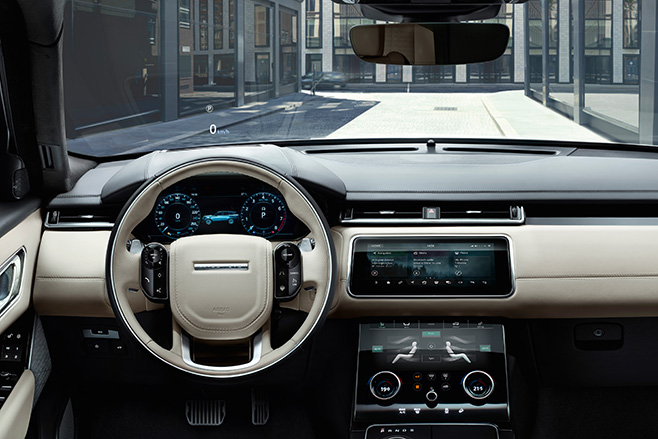
Although lacking some of the chunky visual aggression we normally associate with Range Rovers, the Velar’s smooth styling does make it impressively aerodynamic, with a drag co-efficient of just 0.32 and a specially designed rear spoiler that cuts dirt build-up on the rear screen.
Land Rover claims that 81 percent of the Velar’s body in white is made from aluminium, although – strangely – it has only released the car’s fully laden gross vehicle weight rather than its regular kerbweight, this ranging from 2490kg to 2550kg.
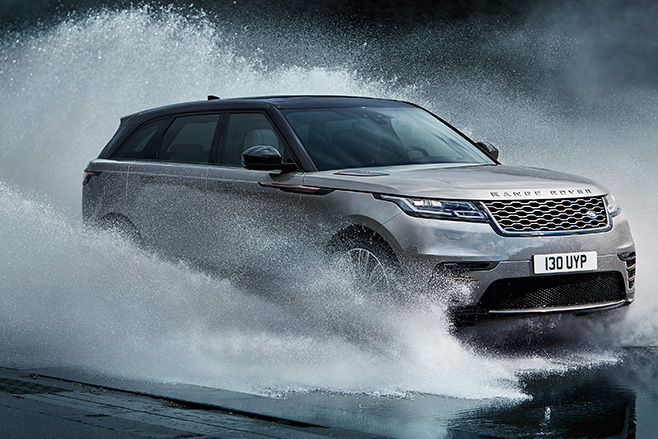
Both four- and six-cylinder petrol and diesel engines will be produced, although we’ll need to wait and see which ones make it to Australia. Petrol four-cylinders turbos come from JLR’s new Ingenium family and will be available in 185kW and 225kW flavours, with a supercharged 3.0-litre V6 making 280kW at the top of the range.
Two four-cylinder Ingenium diesels will be offered, a single-turbo D180 135kW version and a twin-turbo D240 with 180kW, with JLR’s venerable 3.0-litre V6 diesel positioned above both with 225kW and a peak 700Nm.
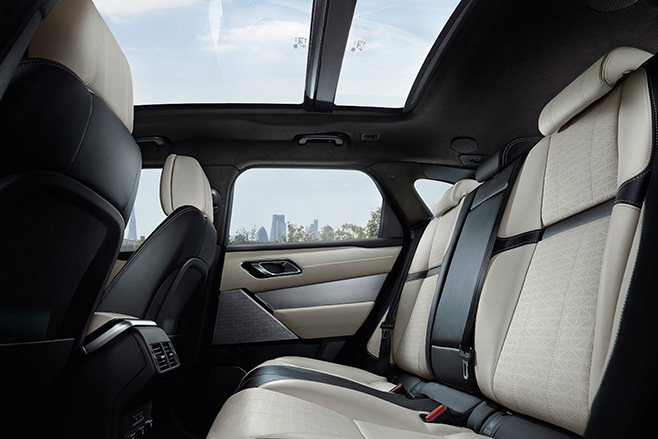
We expect that both V6s will be replaced by new Ingenium straight-sixes within the Velar’s lifespan. The slowest D180 will have a 0-100km/h time of 8.9 seconds while the petrol V6 will dispatch the benchmark in a claimed 5.7 seconds. All will send drive to all four wheels through a standard eight-speed ZF automatic.
Sales will start in the middle of the year, with pricing for the Velar range starting from $70,300 and stretching up to $135,000.

